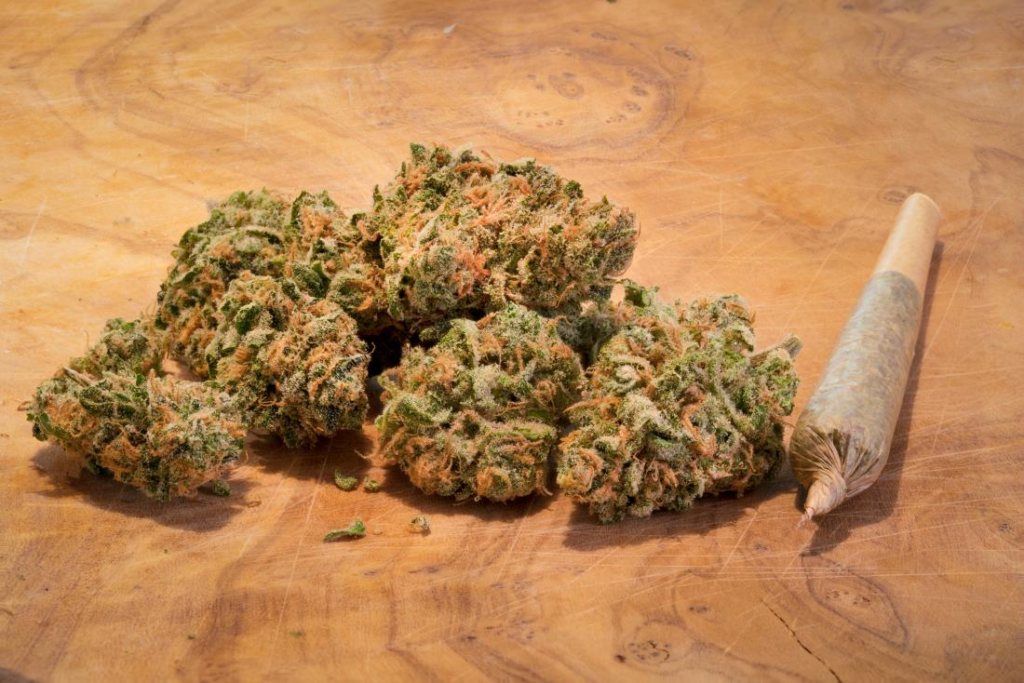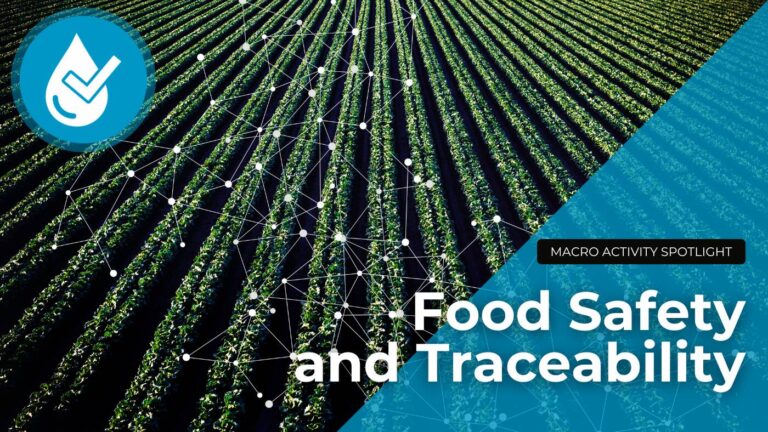
Cannabis, pot, cocaine, and marijuana. There are many names for the chemical that comes from the cannabis plant. It can be vaporized, smoked, or ingested. The primary purposes of marijuana are enjoyment and recreation. However, many doctors recommend medical cannabis for certain diseases and symptoms.
The chemicals in medical cannabis have psychedelic effects on the body and the mind. It can be addicting and could be bad for certain people’s health. What might occur if you take medical cannabis?
- Cannabis and Mental health
Everyone’s experience with marijuana is not always favorable. You might frequently feel paranoia, scared, panic, or anxiety. The use of cannabis may make you more likely to experience clinical depression or worsen the symptoms of any mental health issues you already have. But the exact cause is unclear to scientists. When used in excess, it might lead to paranoia or a loss of reality, making it possible for you to hear or see things that aren’t actually there.
- Cannabis and self-consciousness
Most people try medical cannabis because of this. THC, the primary psychoactive component, stimulates the region of the brain that reacts to pleasure, such as food and sex. Dopamine is released; as a result, making you feel euphoric and at ease.

The THC in medical cannabis could enter your system quickly enough if you vape or smoke it for you to feel high in a matter of seconds or minutes. The THC level typically peaks after 30 minutes, and its effects can last between one and three hours. If you use marijuana or alcohol, it could take you a while to feel totally sober. It’s possible that you don’t always know how potent your recreational cannabis is. This is right for most medical marijuana as well. Click here to read more about Best Practices for Using CBD Oil.
- Cannabis and your thoughts
Medical cannabis may cause your judgment and senses to become warped. The effects may differ depending on the potency of your cannabis, how you smoked it, and how much cannabis you’ve already consumed.
Ten percent of medical cannabis users will get addicted. That suggests that you must keep using it regardless of its effects on your relationships, work, health, or financial situation. Using marijuana increases risk depending on age and intensity.
Medical cannabis use may potentially cause physical dependence. When you don’t use it, your body can experience withdrawal, making you agitated, restless, unable to sleep, and unwilling to eat. Find out more about how to recognize marijuana addiction’s warning signals.
- Cannabis and the Brain
After taking cannabis, you could have more trouble focusing, studying, and remembering things. This seems to be a short-term effect that lasts at least a day after quitting smoking.
However, heavy marijuana use may have longer-lasting impacts, particularly during your teen years. Cannabis may physically alter the brains of some adolescents, but not all, according to imaging examinations. In particular, they have fewer connections in the brain’s attention, learning, and memory-related regions, and tests reveal lower IQ scores in some individuals.
- Cannabis and the heart
The use of marijuana increases heart rate. The heart beats 50 to 70 times per minute on average. But three hours after the effects take effect, that can increase to 70 to 120 beats per minute. Your risk of having a stroke or heart attack may increase due to the additional strain, tar, and other compounds in marijuana. The risk is higher for older people and people with underlined diseases like heart issues.

- Cannabis and alcohol
More than 1 in 10 drinkers report using marijuana in the last 12 months. The likelihood of driving while intoxicated or encountering legal, professional, or personal issues when drinking alcohol and marijuana concurrently was about double that of drinking alcohol alone.
- Cannabis and pregnancy
Pregnant women who take cannabis have an increased chance of having underweight or preterm kids.
- Cannabis and the lung
Your lungs may get inflamed and itchy from marijuana use. If you use it frequently, you can get respiratory issues similar to those experienced by cigarette smokers. That can indicate a persistent cough with colored mucous. Infections may spread more quickly to your lungs. That’s partial because THC appears to impair the immune systems of some users.
- Cannabis as pain relieve
Most states have some kind of law for medical cannabis. And recreational marijuana use is now legal in more than ten states and Washington, DC. But it has been challenging to research marijuana’s effects on people because of the federal government’s ban on it. There is some evidence that medical marijuana may benefit:
- You might feel more hungry
- ongoing suffering (This is the most typical application for medical marijuana and one potential advantage.)
- nausea and vomiting after chemotherapy
- muscular spasms or stiffness caused by multiple sclerosis.
- MS, sleep apnea, and fibromyalgia patients’ sleep issues
- Lennox-Gastaut syndrome or the Dravet syndrome
- epileptic seizures
- Anxiety
- AIDS patients’ loss of appetite and weight
Regular marijuana users frequently report that it increases their appetite. This term is known as “the munchies.” According to some research, this could aid in weight gain for those who have cancer, AIDS, or other diseases. Scientists are investigating this and its safety.
- CBD
It’s an abbreviation for cannabidiol, a chemical that both hemp and marijuana plants contain. You don’t get high from it. In addition to being sold as tablets, gels, and other formulations, it can turn CBD into CBD oil. To alleviate pain, seizures, and other medical issues, some people take CBD. However, scientists are unsure about its effectiveness or long-term safety. Lack of regulation makes it difficult to know what you’re constantly purchasing.
- How to use cannabis
There are several methods for using marijuana.
Typically, smoking provides the most accessible means to experience its effects: cigarettes in a roll, small portable pipes.
Additionally, you can incorporate it into delicacies like tea, chocolates, brownies, and cookies. Because the medication must pass through your digestive system before entering your bloodstream, eating and drinking it delay the high. Therefore, it could be between 30 and 2 hours before you feel anything. However, the high you get from edibles lasts up to 8 hours longer than the high you get from smoking or vaping marijuana.




